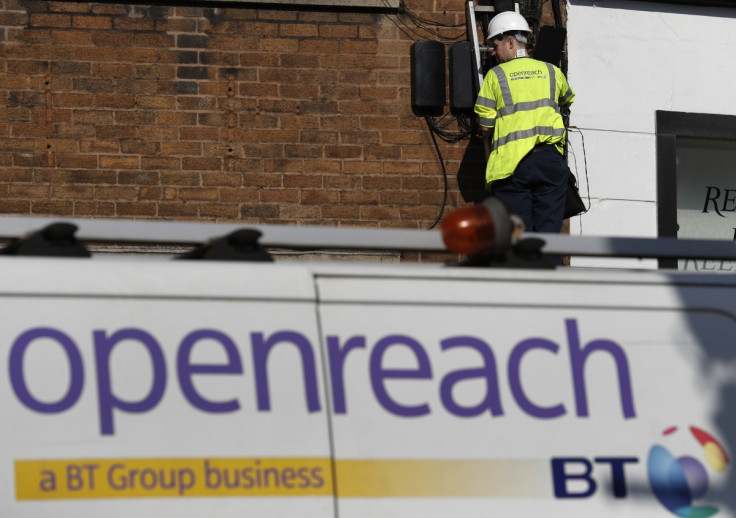BT full year revenue climbs to £18.91bn on back of EE acquisition

BT Group said on Thursday (5 May) the acquisition of mobile operator EE has boosted its full year revenue, while the group's earnings before interest, taxes, depreciation and amortization (EBITDA) also increased.
In the 12 months to the end of March, the telecoms giant posted a 6% year-on-year increase in revenue to £18.91bn (€23.91bn, $27.46bn ), including the acquisition of EE, while revenue on an underlying basis was 2% higher than in the corresponding period last year.
Group chief executive Gavin Patterson said the increase in revenue was in line with the company's expectations and represented BT's best performance in over seven years, adding pre-tax profit climbed 9% year-on-year to £3.47bn.
The £12.5bn deal for EE, which was given regulatory approval in January 2016, had a positive impact on BT's earnings, which grew 5% from the previous 12 months to £6.58bn or 2% on an underlying basis.
"The integration of EE is going well and we now see the opportunity to deliver more synergies than we originally expected, and at a lower cost," added Patterson.
"And we're reorganising our business to better serve customers both in the UK and internationally."
The FTSE 100-listed group, which lifted its proposed final year dividend by 13% to 14p a share, added BT Sport audiences surged 45% year-on-year following the launch of UEFA Champions League and UEFA Europa League content, while BT Mobile has built a customer base of over 400,000 users since its launch.
Earlier on Thursday, BT unveiled its latest investment plan, aimed at improving internet in the UK. The plan, which could cost millions of pounds, includes laying ultrafast fibre-optic broadband lines to 2 million premises, replacing ageing copper wire infrastructure.
© Copyright IBTimes 2025. All rights reserved.






















